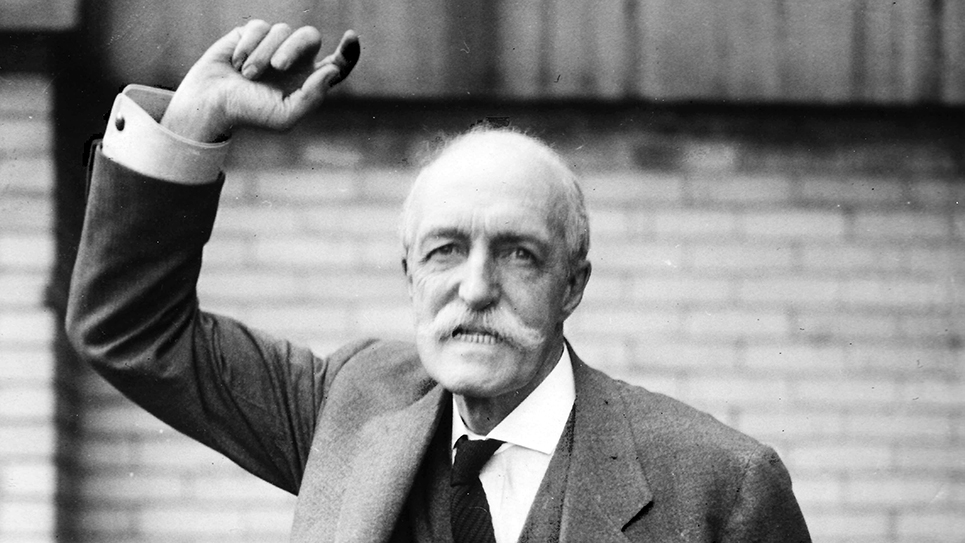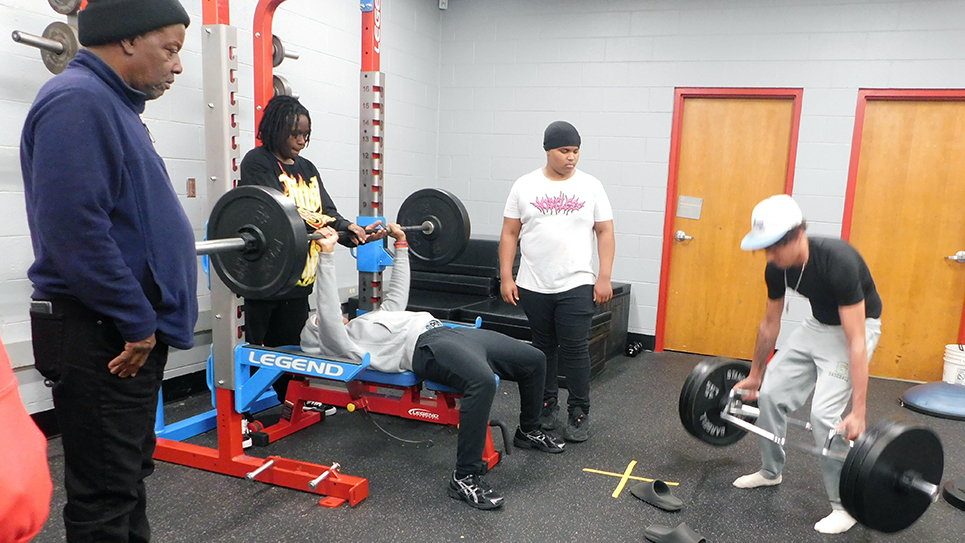By Mike Steely
Niota, Tennessee, is one of those places that isn’t on an interstate, although it’s just a few miles east of I-75 between Sweetwater and Athens. It’s one of those places with one stop light and the old downtown is actually almost empty and a couple blocks off the main road.
Niota is still proud of itself. In fact it hosts its annual Christmas parade this coming Saturday, December 14, and the theme is ideal: “Small Town Christmas.”
If you don’t get to the parade there’s another important reason to stop by Niota sometime: it has two claims to fame you can’t match.
One, it has the oldest standing Rail Road Depot in the state, a survivor of the Civil War built in 1854 and operating until 1972. It’s decaying now but still houses offices for the little town. About 800 people live in Niota, which was originally called Mouse Creek Depot.
Secondly, the little village was the home of state representative Harry T. Burn who represented the area in Nashville in the house and senate beginning in 1919. The following year, in 1920, Burn did something that drew huge praise and criticism.
Thirty five states of the then 48 had ratified the constitutional amendment extending the right to vote to women. Tennessee became the ratifying state thanks to Burn’s mother, who wrote him pleading with him to vote “Yes.” The legislature was deadlocked 48-48 and Burn had voted “No” previously. The young legislator, only 22 at the time, changed his vote and the right to vote for women became national law.
Despite objections from his home district Burn was re-elected the following year.
“I had always believed that women had an inherent right to vote,” he wrote later, adding “My mother was a college woman, a student of national and international affairs who took an interest in all public issues. She could not vote. Yet the tenant farmers on our farm, some of whom were illiterate, could vote.”
Burn passed the Tennessee Bar exam, became president of the First National Bank of Rockwood, Tn., and served on the state planning commission and represented his county at the Constitutional Conventions three different times.
He lived until 1977 and is buried in the Niota Cemetery. Today a state historic marker in Niota on Highway 11 tells the story. It’s right next to the cemetery.
So, next time you are down that way why not drive over and thank the man who had one vote that changed the United States. Had it not been for Harry Burn, who knows?





